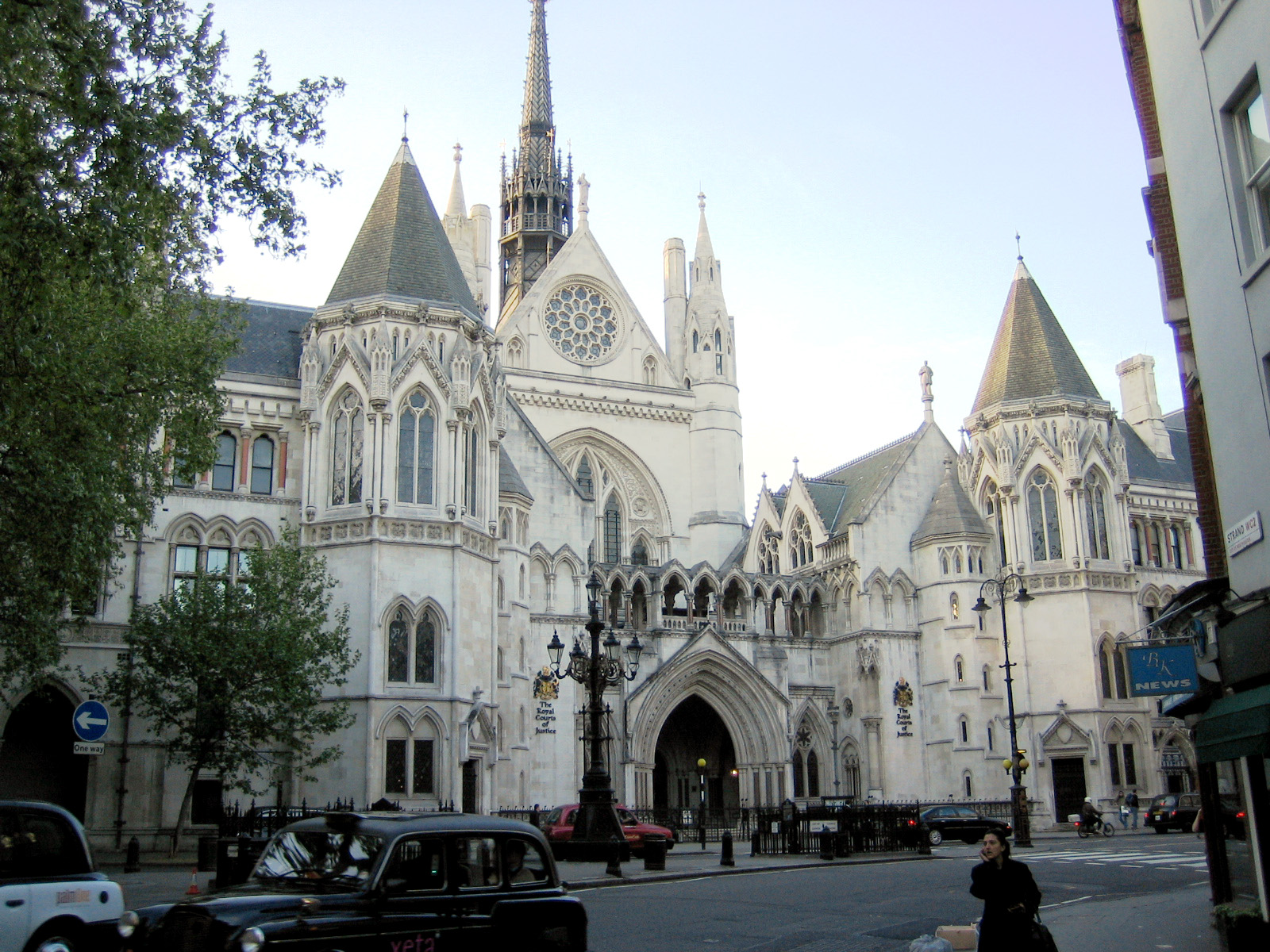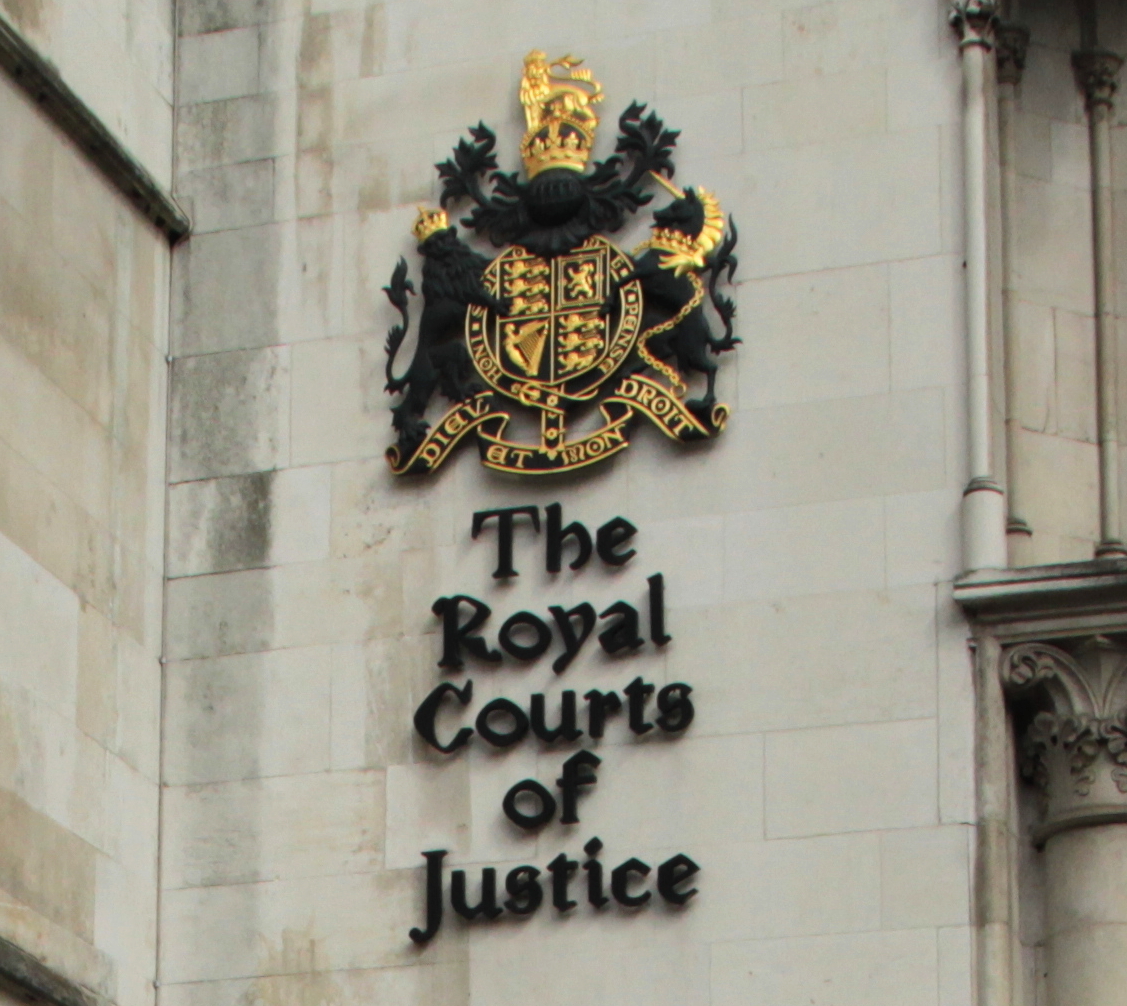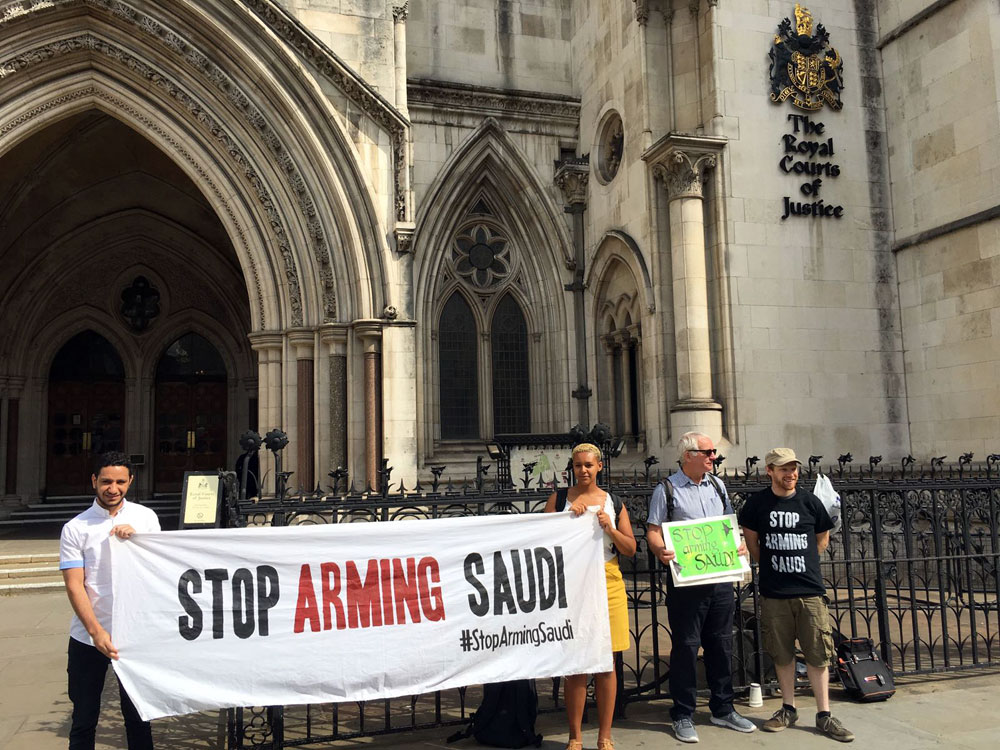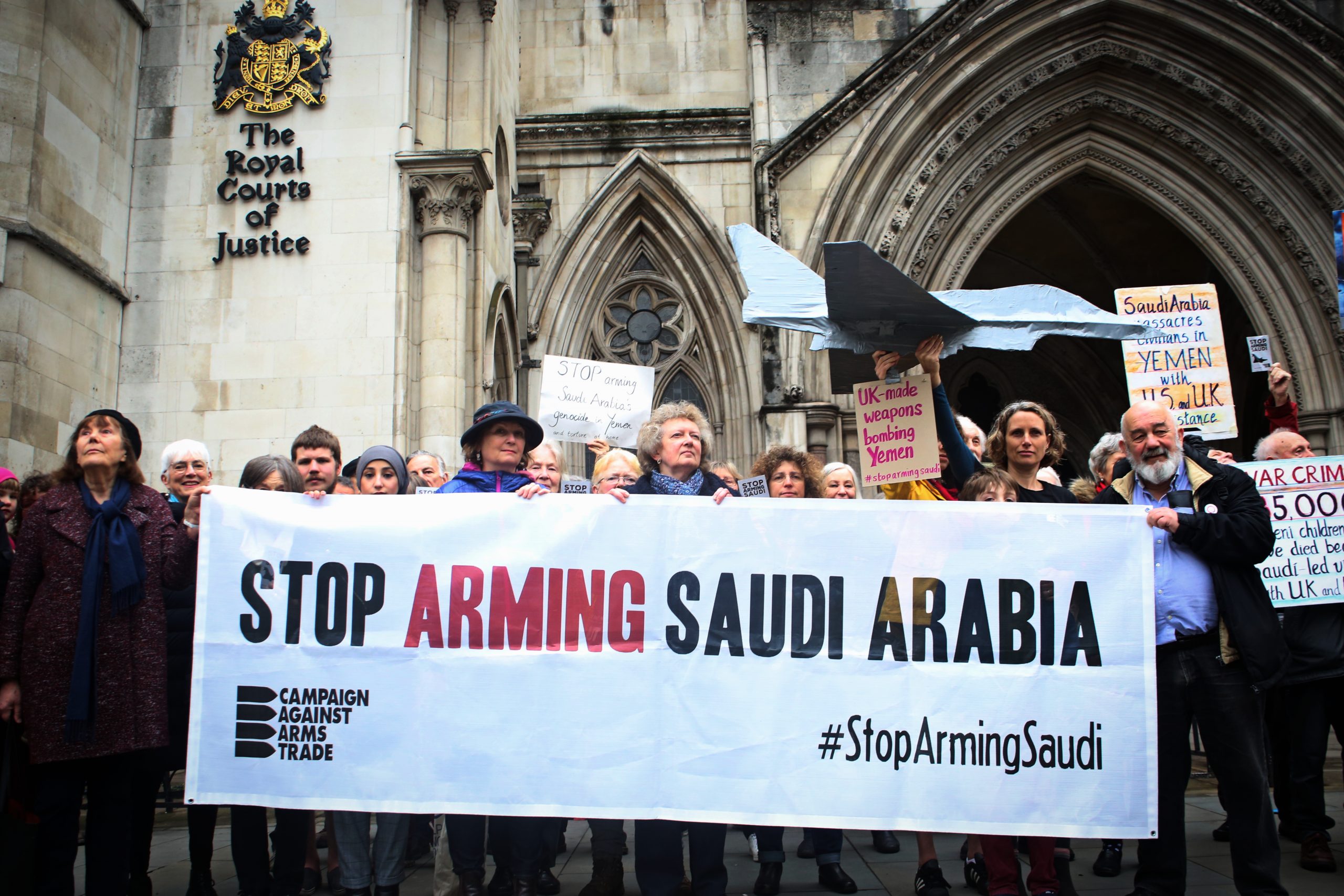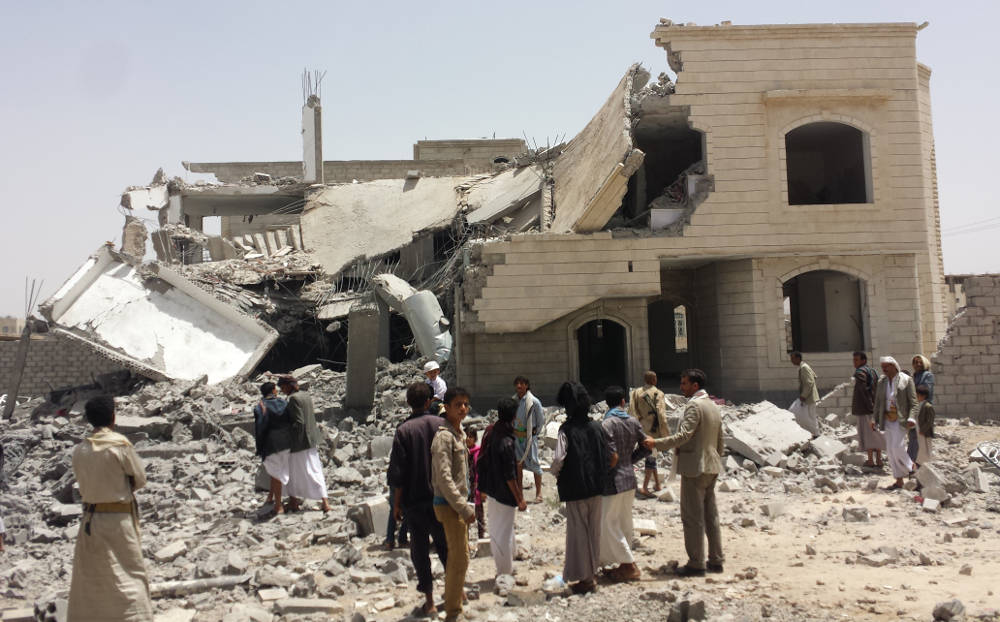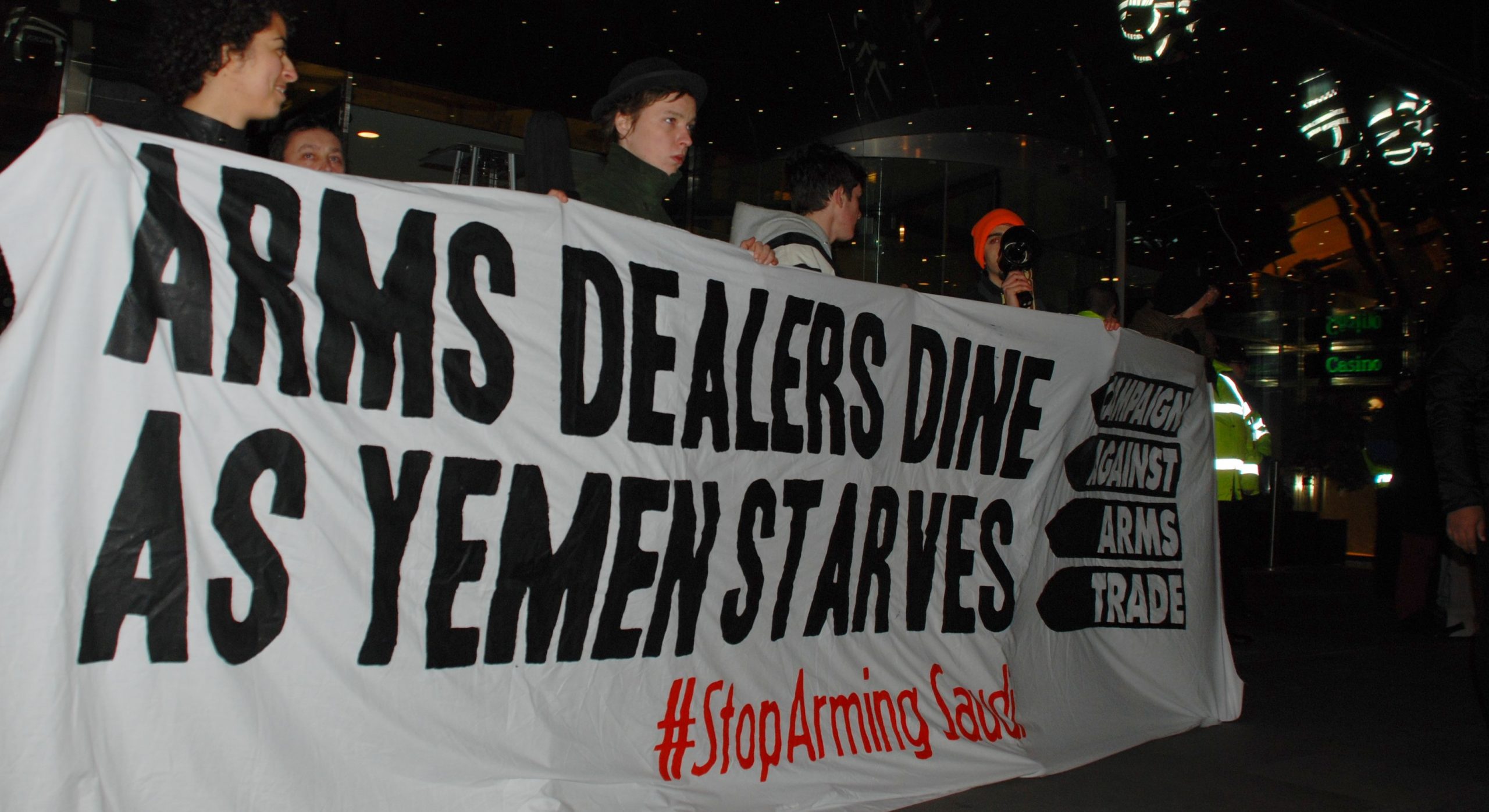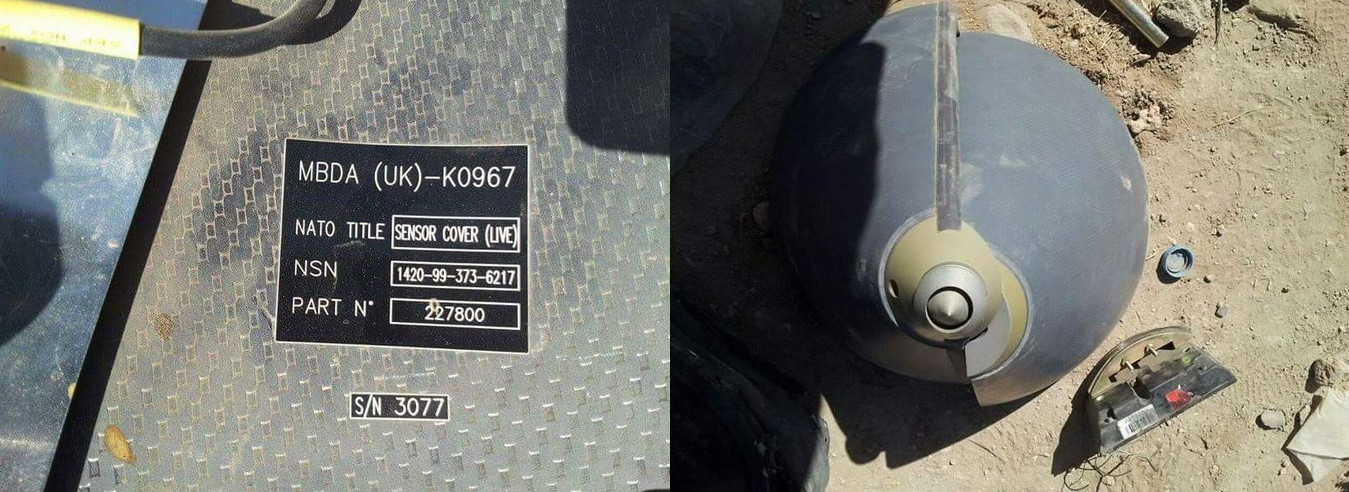Following the Court of Appeal judgement in favour of CAAT’s first judicial review, on 20 June 2019, the Government was told to retake on a lawful basis its export licensing decisions on extant licences, and not to issue any new ones, where the equipment might be used by Saudi Arabia in Yemen.
on 7 July 2020, the Secretary of State for International Trade Liz Truss issued a written statement to Parliament. She said the government had completed the review ordered by the Court of Appeal, and had determined that any violations of international law were “isolated incidents” The government would therefore resume issuing new licences for arms sales for use in Yemen.
CAAT filed a new Judicial Review claim on 27 October 2020, challenging this latest decision, on four main grounds:
- That the government’s conclusion that there were only a ‘small number’ of violations by the Saudi-led Coalition of International Humanitarian Law (IHL) in Yemen was incorrect.
- That the government’s conclusion that there was no ‘pattern’ of such violations was incorrect.
- That, even were it the case that the government’s conclusions on 1) and 2) were correct, it would not follow that no clear risk existed of further serious violations.
- That the Secretary of State for International Trade misdirected herself on what constitutes a ‘serious violation’ of IHL, in the language of the export licencing criteria.
On 20 April 2021, CAAT was granted permission for its second judicial review to proceed to a full hearing at the High Court.
The hearing took place from 31 Jan – 2 Feb 2023 in the Divisional Court, heard by Lord Justice Popplewell and Mr. Justice Henshaw. The judgment was issued on 6 June 2023, rejecting CAAT’s grounds for judicial review. Following consultation with our lawyers, CAAT decided not to appeal the judgment.
Documents up to to the decision to grant permission for Judicial Review
These documents became public before or at the High Court’s decision on 21 April 2021 granting CAAT permission for Judicial Review.
- 18 September 2020: CAAT’s solicitors Leigh Day sent a pre-action protocol letter for judicial review to the Department for International Trade, challenging the government’s conclusions from their review of export licences to Saudi Arabia, and their resulting decision to continue to allow the export of arms to Saudi Arabia.
- 26 October 2020: CAAT’s application for judicial review: amended statement of facts and grounds.
- 26 October 2020: Witness statement of Ann Feltham in support of CAAT’s application for judicial review.
- 22 January 2021: Government’s (open) summary grounds responding to CAAT’s application for judicial review. (NB: the government also submitted closed summary grounds which are not publicly available).
- 20 April 2021: High Court ruling granting CAAT permission for judicial review.
- 20 April 2021: High court ruling granting Mwatana for Human Rights permission to act as an intervenor in CAAT’s judicial review.
Documents before the hearing
- 30 May 2021: Witness statement of Radhya Almutawakel
- 13 January 2022: Intervention of Mwatana for Human Rights
- 25 January 2022: High Court ruling granting Oxfam permission to act as an intervenor in CAAT’s judicial review.
- 30 November 2022: Witness statement of Dr. Sam Perlo-Freeman
Documents at the hearing and after
- 13 January 2023: Claimant’s Skeleton Argument for the Open hearing
- Summary table of incidents recorded by Mwatana for Human Rights
- Exhibit bundle presented by CAAT at the Open Hearing part 1
- Exhibit bundle part 2
- Exhibit bundle part 3
- Exhibit bundle part 4
- Decision Paper setting out the governments new decision and reasoning on export licences to Saudi Arabia made in July 2020 as presented by the Government at the Open Hearing (with redactions)
- Annexes to the decision paper presented by the Government at the Open Hearing (with redactions)
- 6 June 2023: Final OPEN judgment of the Divisional Court.
More documents will be made available following checking with lawyers.

